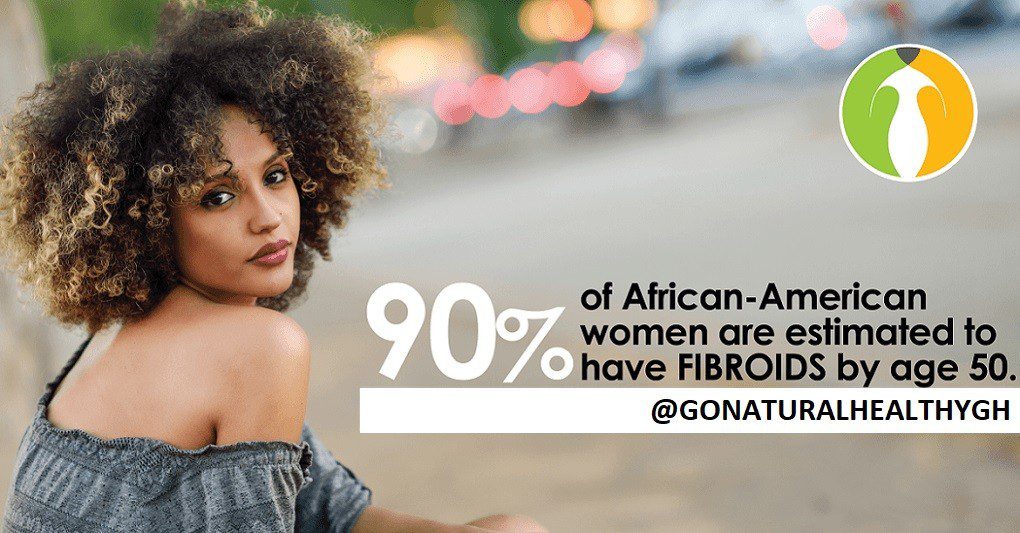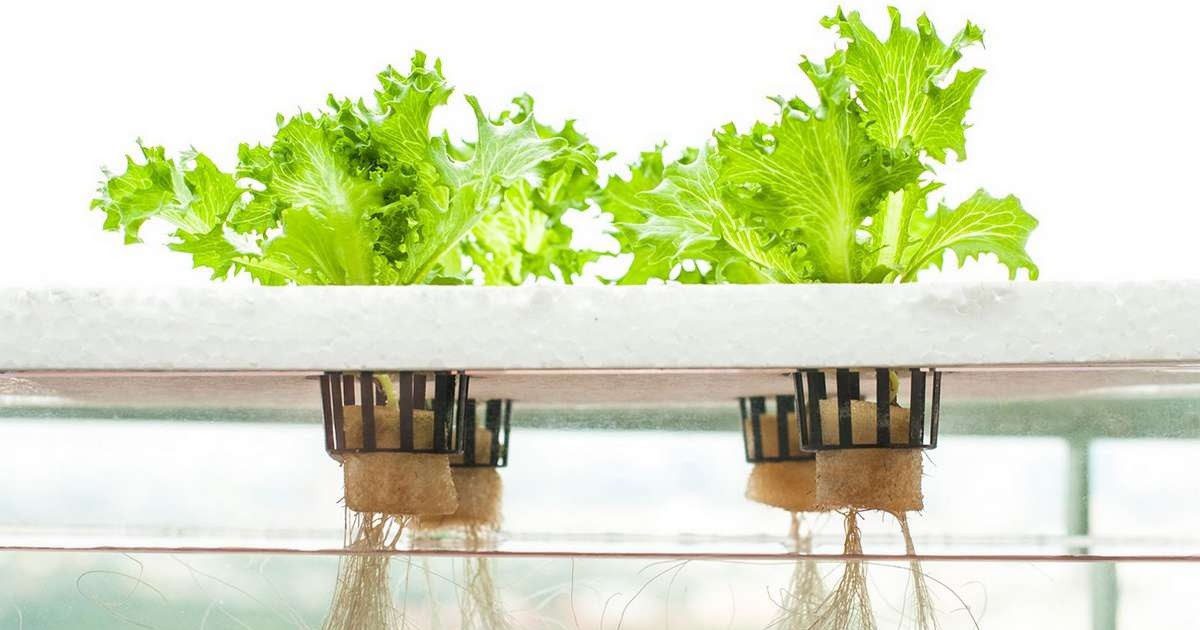How To Treat Fibroid With Supplements
 If you’re a woman in your 20s, 30s or 40s, it’s likely that you have fibroids in or around your uterus — even if you don’t know it.
If you’re a woman in your 20s, 30s or 40s, it’s likely that you have fibroids in or around your uterus — even if you don’t know it.
Uterine fibroids are growths in your uterus. Between 60 and 80 percent of women have or have had fibroids. They’re also called:
- benign tumors
- uterine leiomyomas
- myomas
While fibroids aren’t cancerous or life-threatening, they can sometimes cause health problems.
Fibroids range in size to as small as a seed to larger than a grapefruit. You can have one fibroid or multiple growths.
You may not have any symptoms at all. Most women don’t know they have this condition.
Signs and symptoms depend on the size, location, and number of fibroids. You may experience:
- periods that last longer than a week
- heavy menstrual bleeding
- spotting or bleeding between periods
- pelvic pressure or pain
- backache or leg pain
- frequent urination
- difficulty emptying your bladder
- constipation
- difficulty getting pregnant
Natural treatment of fibroids
Fibroids typically grow slowly or not at all. In many cases, they shrink on their own, especially after menopause. You may not need treatment unless you’re bothered by symptoms.
[vc_row][vc_column][vc_column_text][/vc_column_text][vc_raw_html]JTNDaWZyYW1lJTIwc3JjJTNEJTIyaHR0cHMlM0ElMkYlMkZ3d3cuZmFjZWJvb2suY29tJTJGcGx1Z2lucyUyRnBvc3QucGhwJTNGaHJlZiUzRGh0dHBzJTI1M0ElMjUyRiUyNTJGd3d3LmZhY2Vib29rLmNvbSUyNTJGZ29uYXR1cmFsaGVhbHRoeWdoJTI1MkZwb3N0cyUyNTJGMzMzMzEwNDU4MDgyMDM1JTI2d2lkdGglM0Q4MDAlMjIlMjB3aWR0aCUzRCUyMjUwMCUyMiUyMGhlaWdodCUzRCUyMjUwMCUyMiUyMHN0eWxlJTNEJTIyYm9yZGVyJTNBbm9uZSUzQm92ZXJmbG93JTNBaGlkZGVuJTIyJTIwc2Nyb2xsaW5nJTNEJTIybm8lMjIlMjBmcmFtZWJvcmRlciUzRCUyMjAlMjIlMjBhbGxvd1RyYW5zcGFyZW5jeSUzRCUyMnRydWUlMjIlMjBhbGxvdyUzRCUyMmVuY3J5cHRlZC1tZWRpYSUyMiUzRSUzQyUyRmlmcmFtZSUzRQ==[/vc_raw_html][/vc_column][/vc_row]Natural treatments may or may not help your fibroid symptoms, since relief depends on how severe your symptoms are and how your fibroids have progressed.
Milk and dairy may help to reduce fibroids. Dairy products contain high amounts of calcium, magnesium, and phosphorus. These nutrients may help prevent growth of fibroids.
Some types of vitamins may also help reduce the growth and size of fibroids. Research confirms that your risk for fibroids may increase if you have low amounts of vitamin D and vitamin A from animal sources, such as dairy.
Uterine fibroids may worsen menstrual pain, bloating, and cramping. A number of vitamins required in supplements that may help ease these symptoms include: vitamin B-1, B-6, E, magnesium and omega-3 fatty acids.








